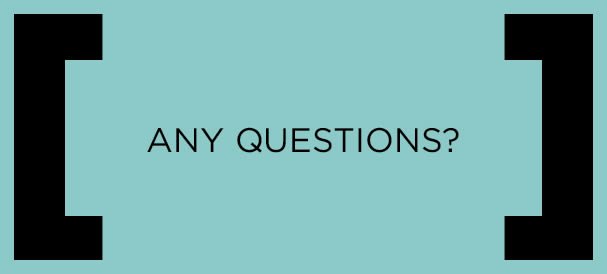In the June 27, 2017 Ask The Headhunter Newsletter, we consider two mistakes job seekers make. One is about how much information readers give to employers, and the other is about how little information they expect to get.
Question #1
One of the mistakes I think I make is I give employers too much of my information. How far back (in years) should you go when constructing your resume or your LinkedIn profile? For example, when you list dates and years, is it important to include the years that you attended each university?
Nick’s Reply
You can include as much as you want in your resume or LinkedIn profile. Some persnickety HR people want to see everything – and that just reveals incompetence. They don’t need everything.
Information mistakes
In fact, too much information on a resume easily leads to confusion, mistakes, and decision paralysis. Very often, personnel jockeys are so unfamiliar with the details of a job that they have no idea what information about the candidate is important and useful. So they ask for too much, which gives them more basis to reject the applicant. (See How HR optimizes rejection of millions of job applicants.)
If you think listing certain dates will hurt you, leave them out. Is that risky? With some employers, yes. But relying on your LinkedIn profile or resume to get you in the door is a fool’s errand, because it’s just one of millions floating in an ocean of job applicants. The chances that someone will even read it are slim — most of the time an algorithm will reject you with no human review. So when you’re deciding what to put on your resume, you’re gambling.
Summer SALE! Save 30%!
Take 30% off all Ask The Headhunter PDF books! This week only! Order now and save on every PDF book in the bookstore!
Use discount code SUMMER
Type SUMMER in the discount code box when checking out. Order now!
[This limited-time discount has EXPIRED.]
Help them ask you for more
Give an employer specific information about your skills and abilities — information you’ve carefully selected to show how you will help the employer tackle its problems and challenges. Tease the employer intelligently. That will trigger a request to learn more, so they’ll call you in for a meeting. No matter how much information you provide, if you don’t address the employer’s specific problems and challenges, they won’t see any reason to bring you in. So tease them with just enough of the right information to make them want the rest. That’s where interviews come from. (See Tear your resume in half.)
Please: Don’t count on your LinkedIn profile or resume to get you interviews. (Don’t help employers make mistakes about you.) Most interviews come from personal contacts that you initiate. There’s no way around that.
(Here’s my own teaser: I’ll share some interesting statistics about the value of personal referrals in the next edition — July 11. Ask The Headhunter will be on vacation for the July 4 holiday!)
Question #2
In Forget Glassdoor: Use these killer tips to judge employers, you give job applicants a list of questions to ask in interviews, including “What’s it really like to work here?” You also advise asking to meet people you’d be working with, as well as key managers in the company. But how many companies will allow you to make requests of that nature? Maybe in smaller towns, but certainly not in large metropolitan cities.
Nick’s Reply
“Allow you?”
Who cares what they allow you to ask? As the applicant, you can and should ask anything you want in an interview. A company reveals a lot in its response (or lack of one), and your goal is to learn all you can so you can make an informed decision about working there. Unfortunately, once most job seekers make their way into a job interview, they forget that. Suddenly, their prime goal is to get an offer — when it should be to vet the company.
From Fearless Job Hunting, Book 8: Play Hardball With Employers, p. 12:
“Job hunters don’t often think to check the boss’s (and department’s) reputation inside the company, or how that department interacts with the rest of the organization. Likewise, job hunters usually fail to carefully inspect a company’s reputation on the street. Investigate, and avoid disaster.”
A job interview is business
I find it troubling that job applicants are fearful of asking questions that any good business person would ask a prospective business partner, customer or vendor in the normal course of vetting a deal. This is your life and career we’re talking about! And a job interview is a business meeting.
Being in a big metro area doesn’t give an employer a pass. This is important stuff! Serious job applicants must realize a job interview is a two-way street. Hence the prefix “inter-“ as in “between.” It’s not a one-way interrogation where the employer holds the upper hand and unilaterally decides what’s allowed. (While vetting an employer is critical, as far as the job itself goes, I think there’s one general-purpose question both the employer and the applicant should ask — and not much more!)
Get the information you need
To make an informed judgment about an employer, ask anything you need to, and if you don’t get good answers — or if the employer gets annoyed — then tell them you’re not going to make them an offer to work there. They’ve been rejected. They made a mistake. They don’t meet your requirements.
Ever wonder why employers ask for the kitchen sink — your entire resume — rather than just certain, specific information they really need to determine whether you can do the job? Who cares what you did 15 years ago? How much information do you give to — and get from — an employer? Do employers go overboard, while job applicants don’t ask for enough? What information is reasonable to request?
: :



